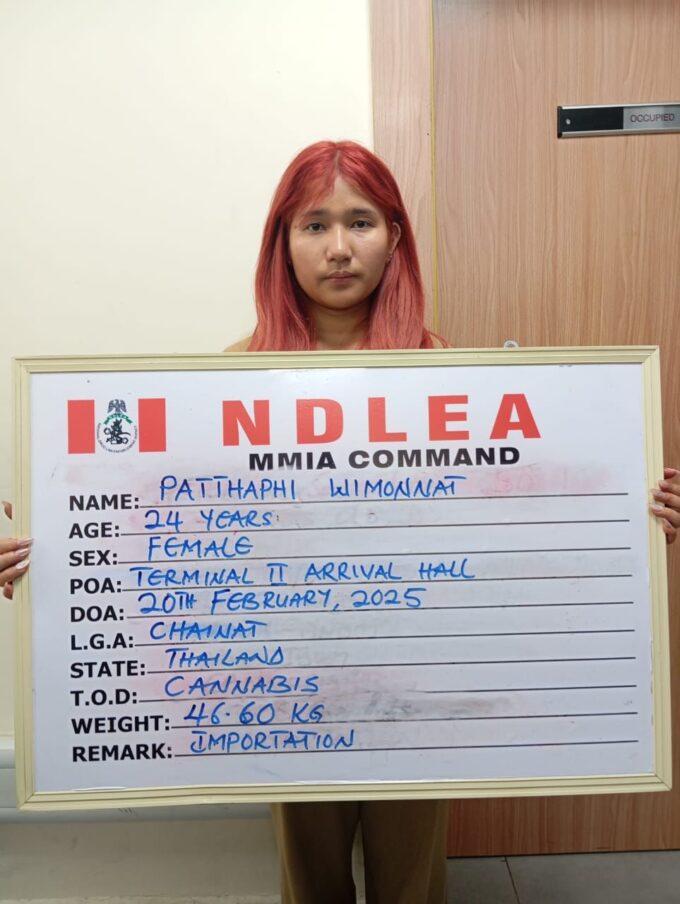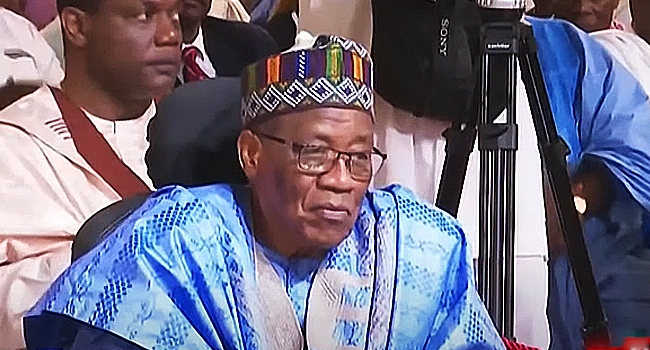Mr Mohammed Abari, the Assistant Chief Investigative Officer, National Human Rights Commission (NHRC), Gombe State, has decried the increase in the cases of child labour in the state.
Abari told the News Agency of Nigeria (NAN) in Gombe on Monday that the 2018 statistics of cases of human rights being collated so far, showed that child labour was still rampant in the state.
He said skill acquisition for children should be secondary to education, adding that energy demanding tasks for a child who ought to be in school was an abuse of that child’s right.
According to him, the commission has done a lot to do in sensitising parents, religious, and traditional institutions, noting that every child must be allowed to get education, which is a veritable tool for nation-building.
“When a child is supposed to be in school and you find such child learning one strenuous job or the other in the name of skill acquisition, it is a violation of the child’s right.
“Every child has the right to go to school and any skill acquisition can be done when the child is back from school. We have said this to religious and traditional institutions.
“Why will children not be allowed to access their education right, if the federal and state governments have made these public schools free?
“Whatever tasks that must be given to our children must be secondary to education.
“In collaboration with the police, we have been able to rescue children from tasks that make them bread winners of the family, which is not ideal in any way,” he said.
The NHRC official condemned lack of documentation of the child right act in Gombe, adding that when such law was put in place, it would reduce the number of cases the commission would be handling.
Abari appealed to the state government to quicken the passage of the bill. He said the domestication of such would show that government was ready to protect the right of children.
“When there is law in that regard, everyone will be careful not to violate it for fear of being arrested or charged to court. This consciousness towards the Nigerian child is necessary.
“Once the law is in place and awareness made in that sense, people will be more conscious not to use a child to do heavy duty jobs when such a child should ordinarily be in school.
“Every child is born with gifts and talents and it is education that will help to bring out that talent in them,”
Source NAN














